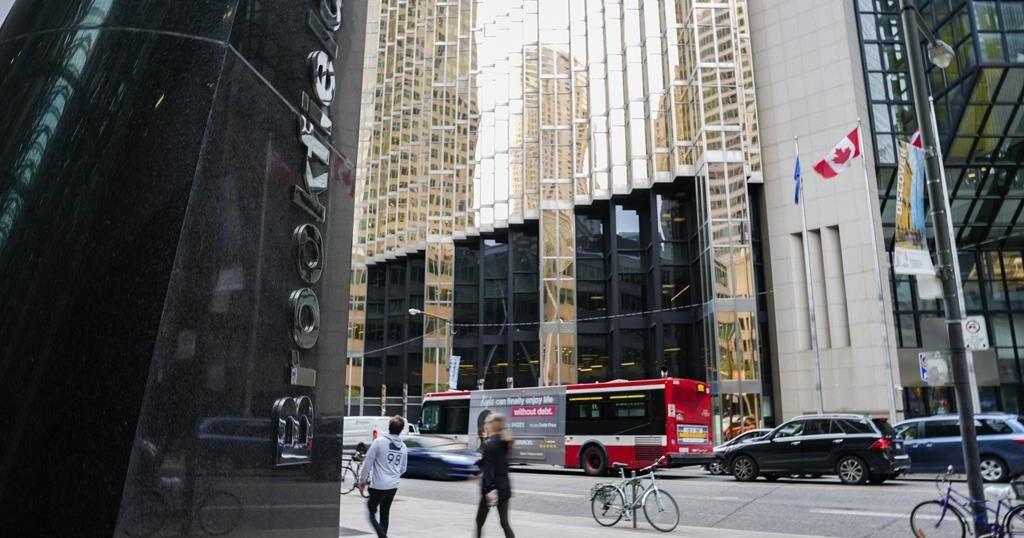Warren Buffett’s Berkshire Hathaway is continuing to unwind its long position in BYD, China’s largest home-grown EV maker and Tesla’s major rival, after holding it for 14 years.
The legendary investor’s conglomerate sold another 3.2 million Hong Kong-listed shares of BYD
(BYDDF) last week, cutting its stake to 15.99%, a Hong Kong stock exchange filing showed Tuesday. The sale was valued at about $80 million.
It’s the fifth major share sale by Berkshire
(BERK) of BYD shares disclosed since August, according to public records. The pace of sales increased significantly this month, with three transactions so far in November.
Berkshire has not disclosed the reason for the sales. The company didn’t immediately respond to a request for comment by CNN Business.
Before the first deal was disclosed in August, Berkshire had held 225 million shares of BYD for 14 years.
Is Warren Buffett ditching China’s electric car giant? Investors think so
The US conglomerate first bought BYD shares at an average of HK$8 ($1.02) apiece in 2008, with an investment of $230 million. Back then, BYD shares had fallen to a record low during the global financial crisis.
But the stock has rebounded sharply since then. In 2020, BYD’s Hong Kong-listed shares soared 437% as the company developed its “Blade Battery” and China’s EV market boomed.
The company says the blade-shaped battery is thinner and longer than conventional lithium iron cells. As a result, it can maximize the use of available space within the battery pack. It’s also less likely to catch fire even when it’s severely damaged, according to BYD.
BYD has already surpassed Tesla to become China’s best-selling EV brand. Last month, it sold 103,157 pure electric vehicles in China. In comparison, Tesla delivered 71,704 vehicles from its China factory, according to data from the China Passenger Car Association.
Tesla is beginning to recover in China with a sharp rebound in sales
In late June, BYD’s Hong Kong-listed shares hit a record high of HK$331.4 ($42). That was about 41 times the price Berkshire paid 14 years ago.
Since the summer, Berkshire has been on a BYD stock-selling spree. Based on the latest exchange filing, the conglomerate has dumped more than 49 million BYD shares in the past four months.
It’s not clear how much Berkshire has profited from the sale. But the average price of each share in the five deals disclosed by the company since August was around HK$205 ($26).
Using that average, Berkshire might have bagged a net profit of $1.2 billion by offloading the 49 million shares, assuming a purchase price of HK$8, according to a calculation by CNN Business. The conglomerate’s current stake in BYD is worth $3.9 billion, based on the latest stock price.
Source link
Related


























